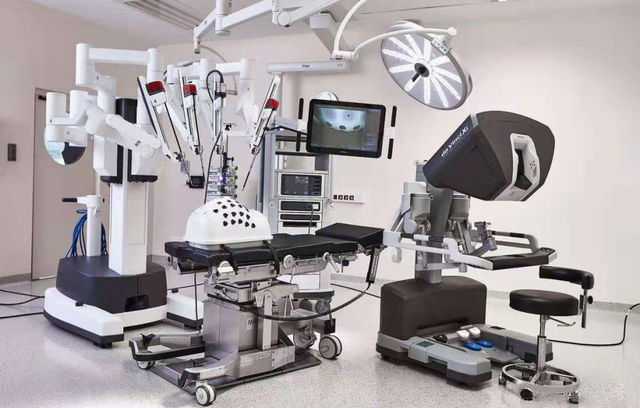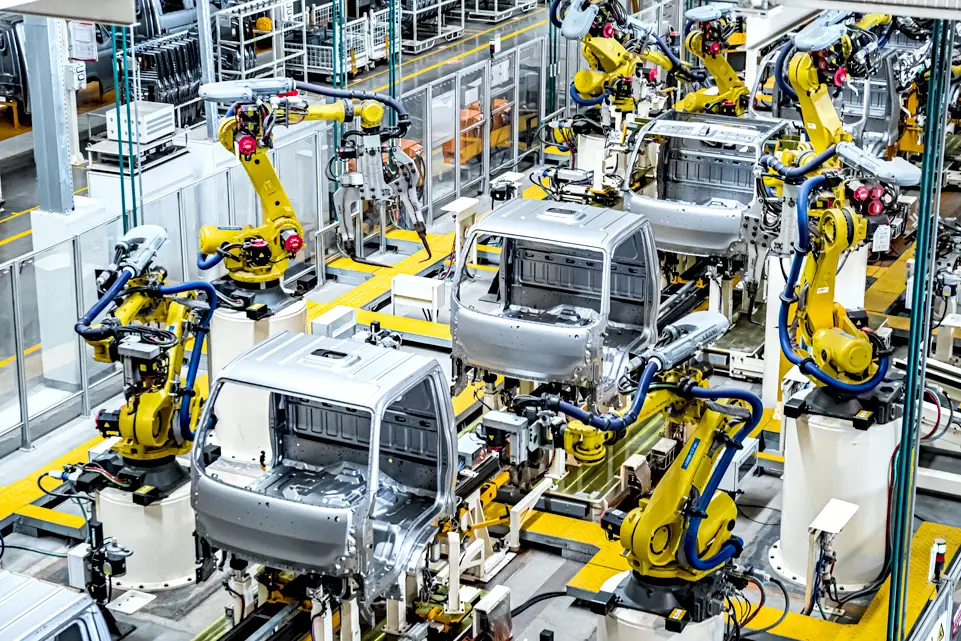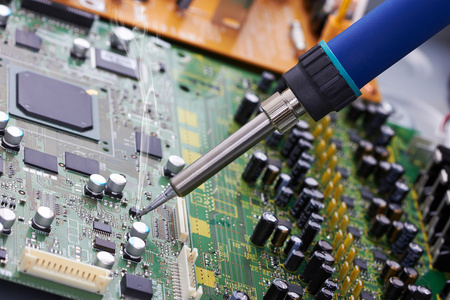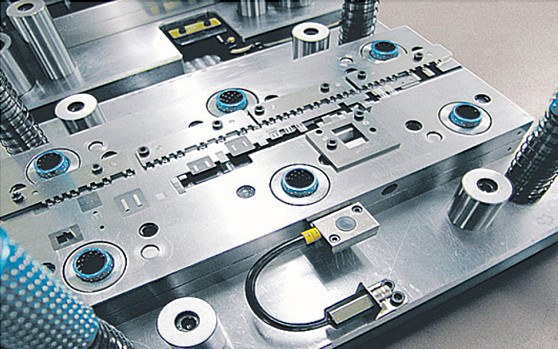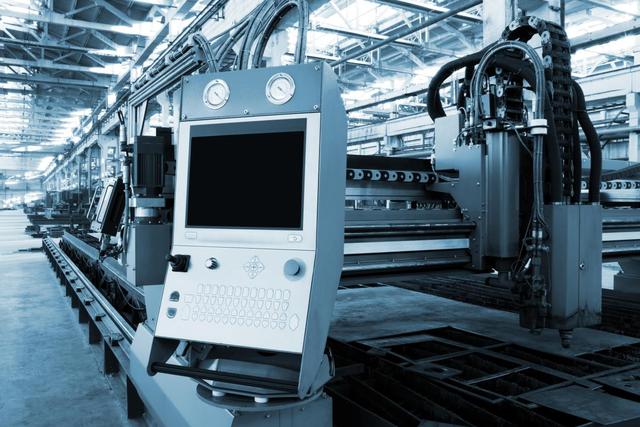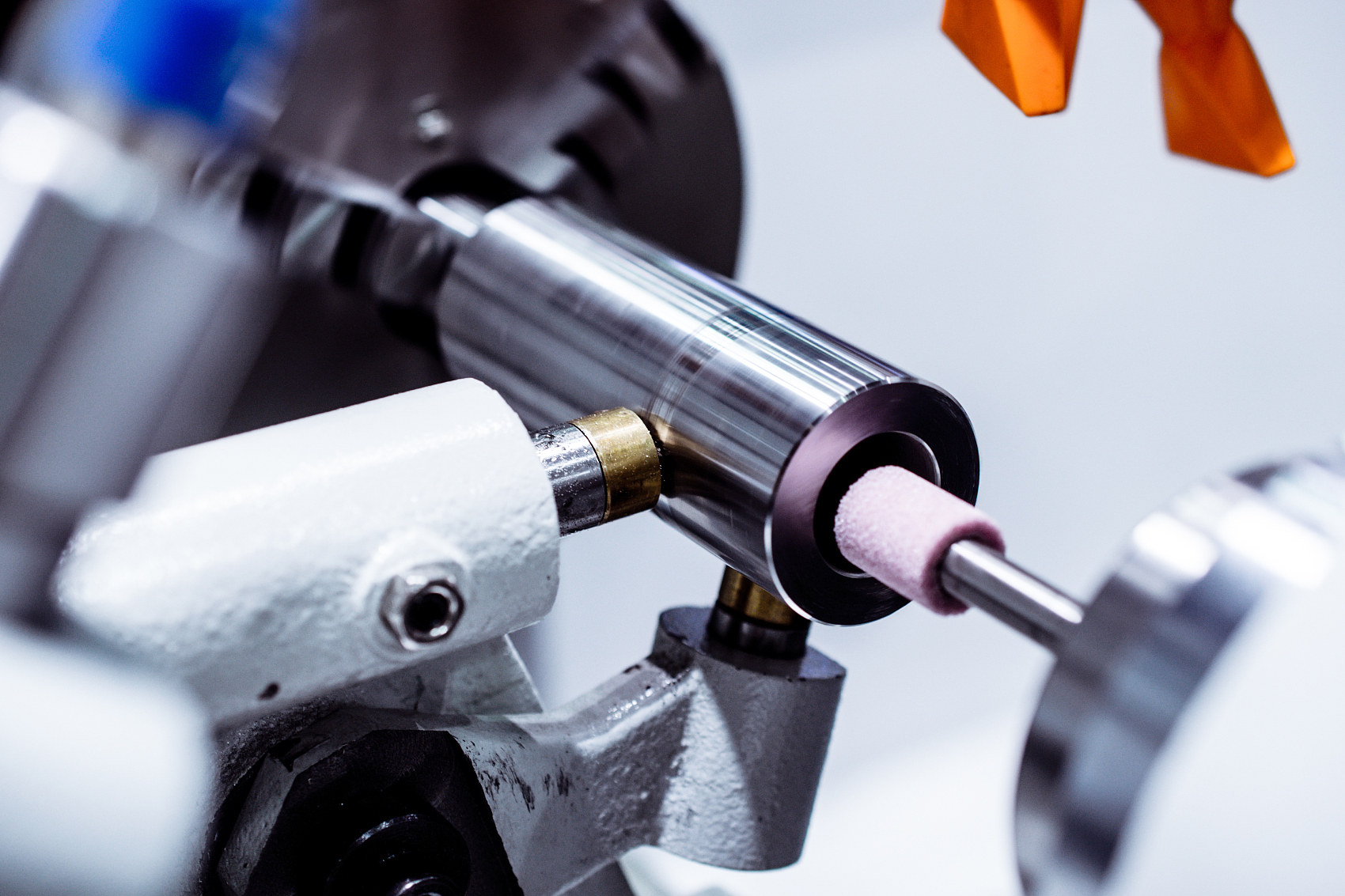
Material Selection and Its Impact on CNC Machined Parts
In CNC machining, material selection significantly impacts the final product's performance, cost, and machinability. This article explores the commonly used materials in CNC machining and their characteristics and applications.Common MaterialsAluminum Alloys: Aluminum alloys are among the most c
Quote Now!
In CNC machining, material selection significantly impacts the final product's performance, cost, and machinability. This article explores the commonly used materials in CNC machining and their characteristics and applications.
Common Materials
Aluminum Alloys: Aluminum alloys are among the most commonly used materials in CNC machining due to their excellent mechanical properties, good machinability, and lightweight. They are widely used in aerospace, automotive, and electronics industries.
Stainless Steel: Stainless steel offers high strength, corrosion resistance, and high-temperature resistance, making it another important material for CNC machined parts. Applications include medical devices, food processing machinery, and marine equipment.
Titanium Alloys: Known for their high strength, low weight, and corrosion resistance, titanium alloys are mainly used in aerospace and high-end medical devices. Despite the higher machining difficulty, their exceptional properties make them essential for demanding applications.
Plastics: Various engineering plastics, such as polyethylene, polypropylene, and PTFE, are also commonly used in CNC machining. These materials offer good chemical resistance, insulation properties, and lower costs, making them suitable for electronics, medical, and consumer goods industries.

Impact of Material Selection
Machinability: Different materials vary in their ease of machining. Aluminum alloys and engineering plastics are relatively easy to machine, while stainless steel and titanium alloys require higher tool wear resistance and stricter control of machining parameters.
Cost: Material cost directly affects the overall cost of machined parts. Aluminum alloys and plastics are more economical, while titanium alloys and high-grade stainless steels are relatively expensive. Therefore, material selection needs to balance cost and performance.
Performance Requirements: The end-use of the part determines the material choice. For example, aerospace parts require high strength and lightweight, thus often selecting aluminum or titanium alloys; medical devices require high corrosion resistance and biocompatibility, thus commonly using stainless steel or titanium alloys.
Environmental Factors: The operating environment also impacts material selection. For instance, marine equipment requires highly corrosion-resistant materials, making stainless steel or special alloys the preferred choice.
In conclusion, material selection is a crucial aspect of CNC machined part design. The right material choice not only ensures the part's performance but also effectively controls costs and improves machining efficiency.


